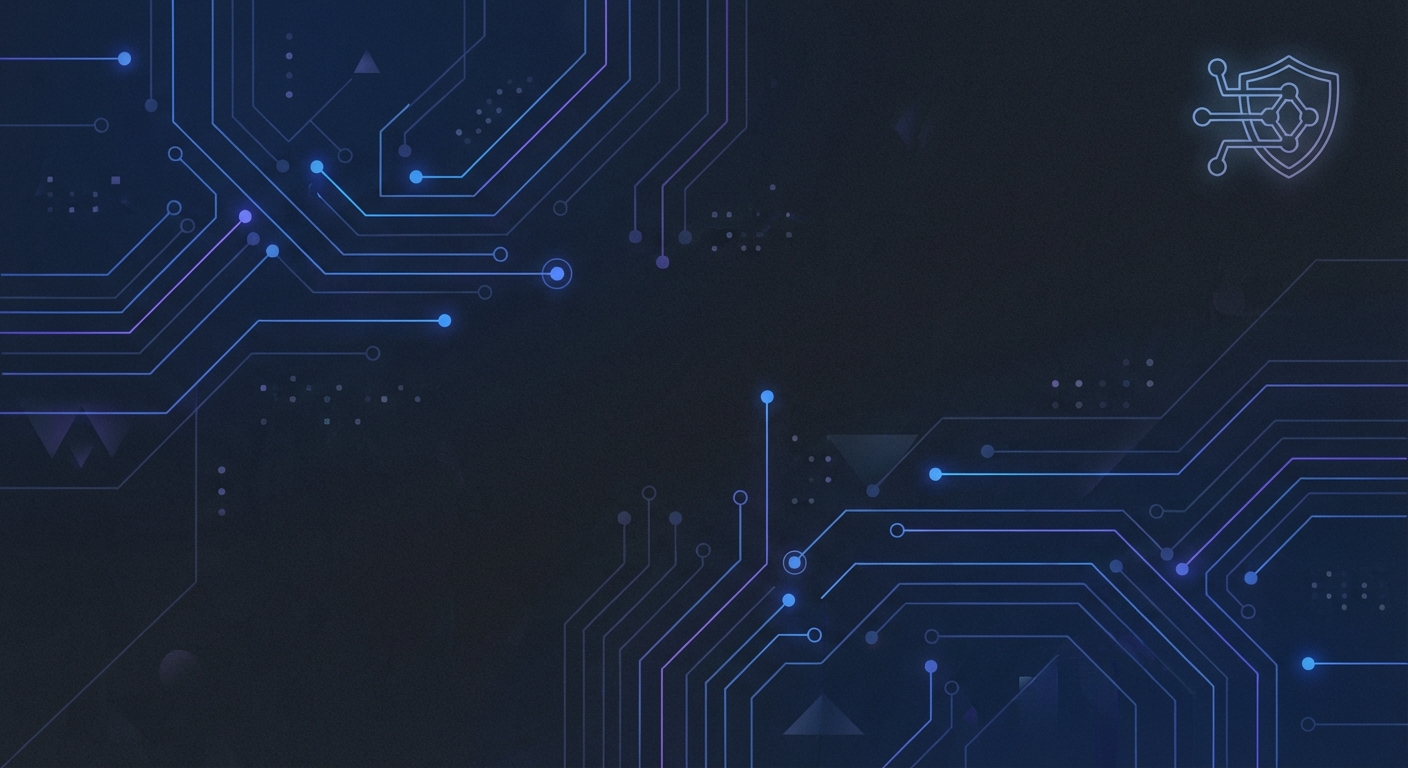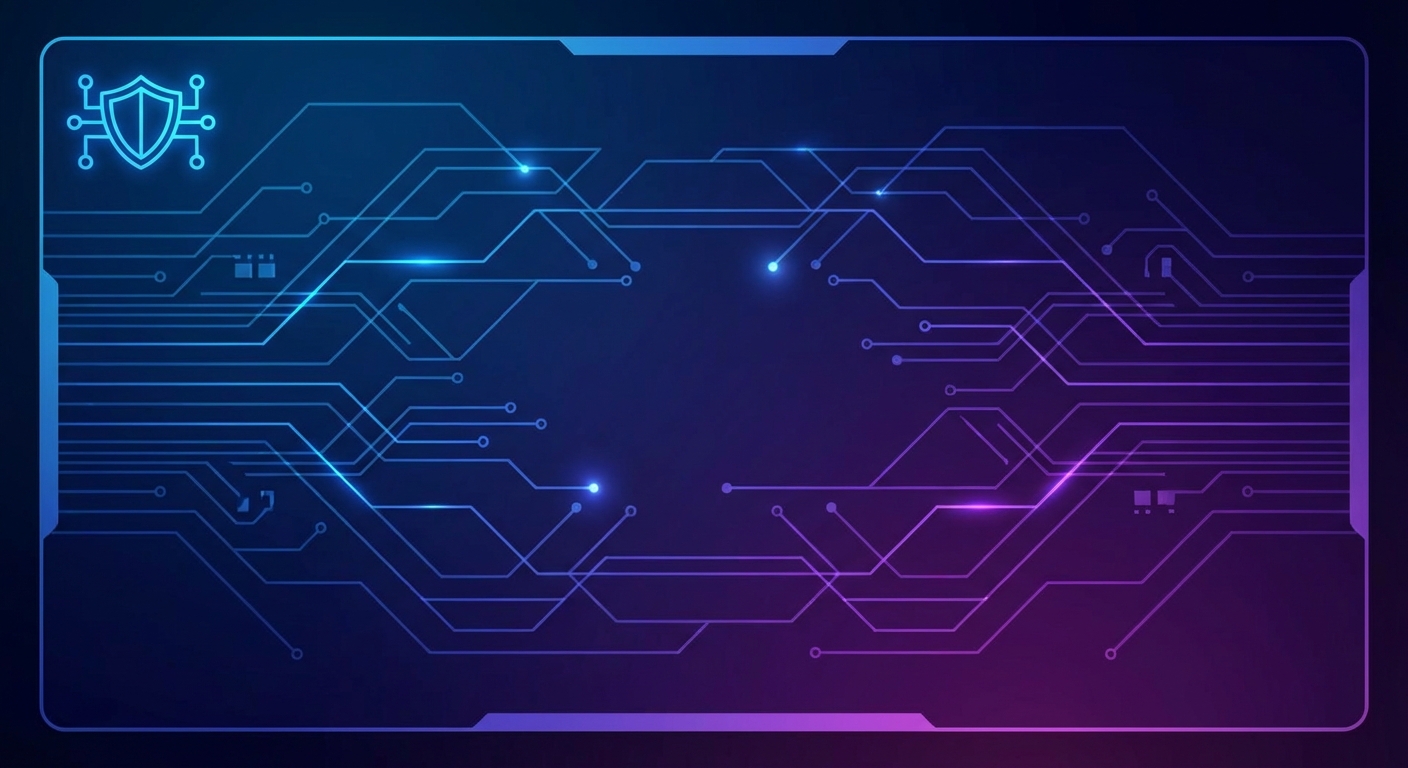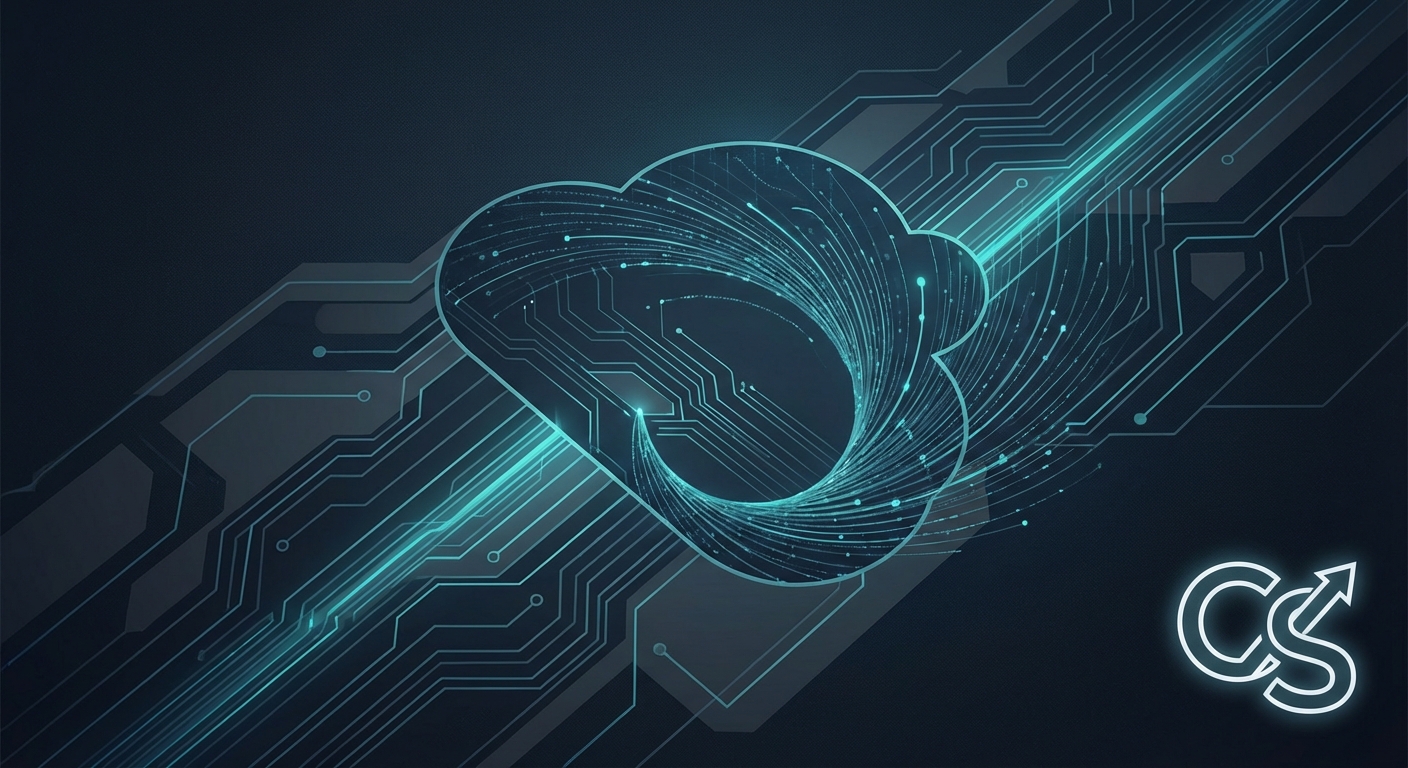What Is Cognitive Computing?
TL;DR
Understanding Cognitive Computing: A Deep Dive
Isn't it wild how computers are now trying to think like us? It's called cognitive computing, and it's more than just your average ai – it's about machines mimicking human thought processes. Think complex problem-solving where there isn’t one clear answer, like figuring out the best medical treatment for a patient with a rare disease, or predicting market trends with incomplete data.
- Simulating Human Thought: Cognitive computing ain't just about crunching numbers; it's about understanding context, just like we do. cognitive computing It's like teaching a computer to "get" the nuances of a situation.
- Ambiguity is Welcome: Unlike traditional systems that need clear-cut data, cognitive systems thrive in uncertain environments. This is super useful in fields like cybersecurity, where threats are constantly evolving.
- ai and Friends: It uses a bunch of ai tools like machine learning and neural networks. It's like giving a computer a whole toolbox of smarts. Machine learning allows the system to learn from data without being explicitly programmed, identifying patterns and making predictions. Neural networks, inspired by the human brain, are particularly good at processing complex data like images and speech, enabling the system to "see" and "hear" in a way.
- Mimicking the Brain: cognitive computing trys to copy how our brains work, especially with things like understanding language and recognizing objects.
Think about how hospitals uses cognitive computing to sift through tons of patient data to give doctors better treatment options. Or how banks uses it to sniff out fraud by spotting weird patterns in transactions. According to clanx.ai, the cognitive computing market is set to explode, reaching $269.4 billion by 2030. That's a lot of smart thinking!
Cognitive computing is really trying to bridge the gap between what computers can do and what humans intuitively do. Now that we've got a handle on what cognitive computing is, let's explore the foundational technologies that make it all happen.
Core Technologies Powering Cognitive Computing
So, how exactly do these systems get so smart? It's all thanks to a few key technologies working together.
- Natural Language Processing (NLP): This is how computers understand and process human language. NLP allows systems to read text, listen to speech, and even interpret sentiment. For example, when you ask a virtual assistant a question, NLP breaks down your words, figures out your intent, and then formulates a response. It's crucial for mimicking the human mind's ability to communicate and comprehend.
- Machine Learning (ML): ML is the engine that allows cognitive systems to learn from data. Instead of being programmed for every single scenario, ML algorithms identify patterns, make predictions, and improve their performance over time. Think of it as teaching a computer by showing it lots of examples, like how it learns to distinguish between a cat and a dog by seeing thousands of pictures of each.
- Deep Learning (DL): A subset of ML, deep learning uses artificial neural networks with multiple layers to process data. This allows it to tackle more complex tasks, like image recognition, speech synthesis, and even generating creative content. It's what enables systems to recognize subtle nuances in data that might be missed by simpler ML models.
- Reasoning Engines: These are the components that enable cognitive systems to draw conclusions and make inferences from the data they process. They use logic and rules to connect different pieces of information, allowing the system to go beyond simple pattern matching and engage in more sophisticated problem-solving.
These technologies work in concert to enable cognitive computing systems to ingest, understand, reason about, and act upon information in ways that are increasingly similar to human cognition.
How Cognitive Computing Works: Mimicking the Human Brain
Okay, so you want computers to think like us? Sounds kinda scary, right? But also, super useful. Here's the deal with how cognitive computing tries to pull it off:
- Data Fusion: First, it grabs data from everywhere it can--structured databases, unstructured text, even sensor data. It's like gathering clues from a crime scene, but for, you know, business or science.
- Context is King (and Queen): Then, it tries to make sense of it all by weighing the context. What's important here? Are there conflicting pieces of evidence? It's not just about raw data, it's about understanding what it means.
- Learning on the Fly: The systems uses self-learning algos. that get smarter over time. It's like how you learn from your mistakes, but way faster.
- Mimicking the Mind: Cognitive computing uses data mining and nlp to understand language and extract meaningful insights. NLP is key here because it allows the system to interpret the meaning behind words, not just the words themselves. For instance, sentiment analysis can tell if a customer review is positive or negative, and intent recognition can figure out what a user actually wants to do, like "book a flight" versus "check flight status." This deep understanding of language is fundamental to how cognitive systems can process and respond to human communication.
Think of a fraud detection system. It doesn't just look for transactions over a certain amount; it looks at who is making the transaction, where they're making it from, and if it fits their normal pattern. It's all about context, really.
So, what makes these systems tick? Let's dive into the key attributes that allow cognitive systems to mimic human thought.
Applications of Cognitive Computing in Key Industries
Cognitive computing isn't just some sci-fi dream; it's changing how industries operate, right now. Let's take a peek at how it's shaking things up.
Imagine ai analyzing mountains of patient data which helps doctors make better calls on treatments. Cognitive systems can sift through histories, conditions, and research to give tailored recommendations. ([PDF] Cognitive computing reshapes enterprise decision-making | OpenText) It's like having a super-smart assistant that never sleeps.
Fraud detection is getting a major upgrade. Cognitive computing can spot weird patterns in transactions that humans might miss. (Scientists discover major differences in how humans and AI 'think') Plus, customer service chatbots are becoming way more helpful, answering questions and resolving issues faster than ever.
Ever wonder how Amazon always knows what you want to buy? Cognitive computing analyzes your purchasing history and browsing habits to suggest products you'll probably love. It's like having a personal shopper who really gets you.
It's pretty wild how these systems are learning and adapting, right?
Cognitive Computing in AI Agent Identity Management, Cybersecurity, and Enterprise Software
Cognitive computing isn't just for robots anymore, ya know? It's worming its way into how we manage ai agents, keep our systems secure, and even how enterprise software works. kinda neat, huh?
- Think about ai Agent Identity Management. We're talking better security and access controls. Imagine automating the whole identity verification thing – less human error, more secure agents.
- Then there's cybersecurity. Cognitive systems can sniff out threats way faster. They can analyze user behavior and spot risks that humans might miss, and even automate incident response.
- And for enterprise software, cognitive computing can make things way more personalized. It can automate all sorts of complex tasks and workflows, making everything smoother.
So basically, cognitive computing is making ai agents safer, cybersecurity smarter, and enterprise software, well, less of a headache.
Advantages and Disadvantages of Cognitive Computing
So, cognitive computing, huh? It sounds cool, but is it all sunshine and rainbows? Let's dive into the good and, well, the not-so-good.
Improved analytical accuracy sounds, well, accurate. Cognitive systems are great at sifting through tons of data from all over the place--images, videos, text, you name it.
Increased business process efficiency is another win. These systems can spot patterns in huge datasets, which means businesses can do things faster and cheaper.
Enhanced customer interaction is a biggie, too. Think chatbots that actually get what you're asking.
Boosted employee productivity is also a plus. Cognitive systems helps employees make sense of data, letting them focus on the important stuff.
Better troubleshooting and error detection: Cognitive computing models are highly effective at detecting errors in software code and encryption algorithms for security systems. For example, a cognitive system could analyze millions of lines of code, identifying subtle logical flaws or vulnerabilities in encryption that a human might overlook due to the sheer volume and complexity. It can learn from past coding errors and security breaches to proactively flag potential issues.
Security challenges are a real concern. All that data these systems need makes them a target for hackers. Gotta lock that stuff down tight.
Long development cycle length can be a pain. It takes time and skill to build these systems, which can slow things down.
Potential for slow adoption is something to think about too. Smaller companies might be hesitant to jump in because it seems too complicated.
Negative environmental impact I mean, training these systems uses a lot of power. So, that's not great for the planet.
So, while cognitive computing offers some serious perks, it's not without its challenges. What's next? Let's see how cognitive computing stacks up against regular AI.
Ethical Considerations and the Future of Cognitive Computing
Cognitive computing’s got a bright future, right? But, like, what about all the tricky ethical stuff that comes with it?
- One big worry is job displacement. As cognitive systems get better at doing what humans do, some jobs are at risk. It's not just factory work, but also white-collar jobs that requires critical thinking.
- Then there's the whole transparency thing. How do we know why a cognitive system made a certain decision? If we don't get how these systems work, how can we trust them?
- And, of course, there's the potential for misuse. What if cognitive computing is used for, like, mass surveillance or to manipulate people? It's kinda scary when you think about it.
Despite all the ethical concerns, the future looks pretty cool.
- Think about personalization. Cognitive computing can tailor experiences to each individual, whether it's recommending products you'll love or creating personalized learning plans.
- We're also gonna see way more automation of complex tasks.
- And it will get smarter over time using machine learning.
It's all about finding the right balance, ya know? Cognitive computing has the potential to do some amazing things. But we gotta make sure we're using it in a way that's ethical and responsible.





